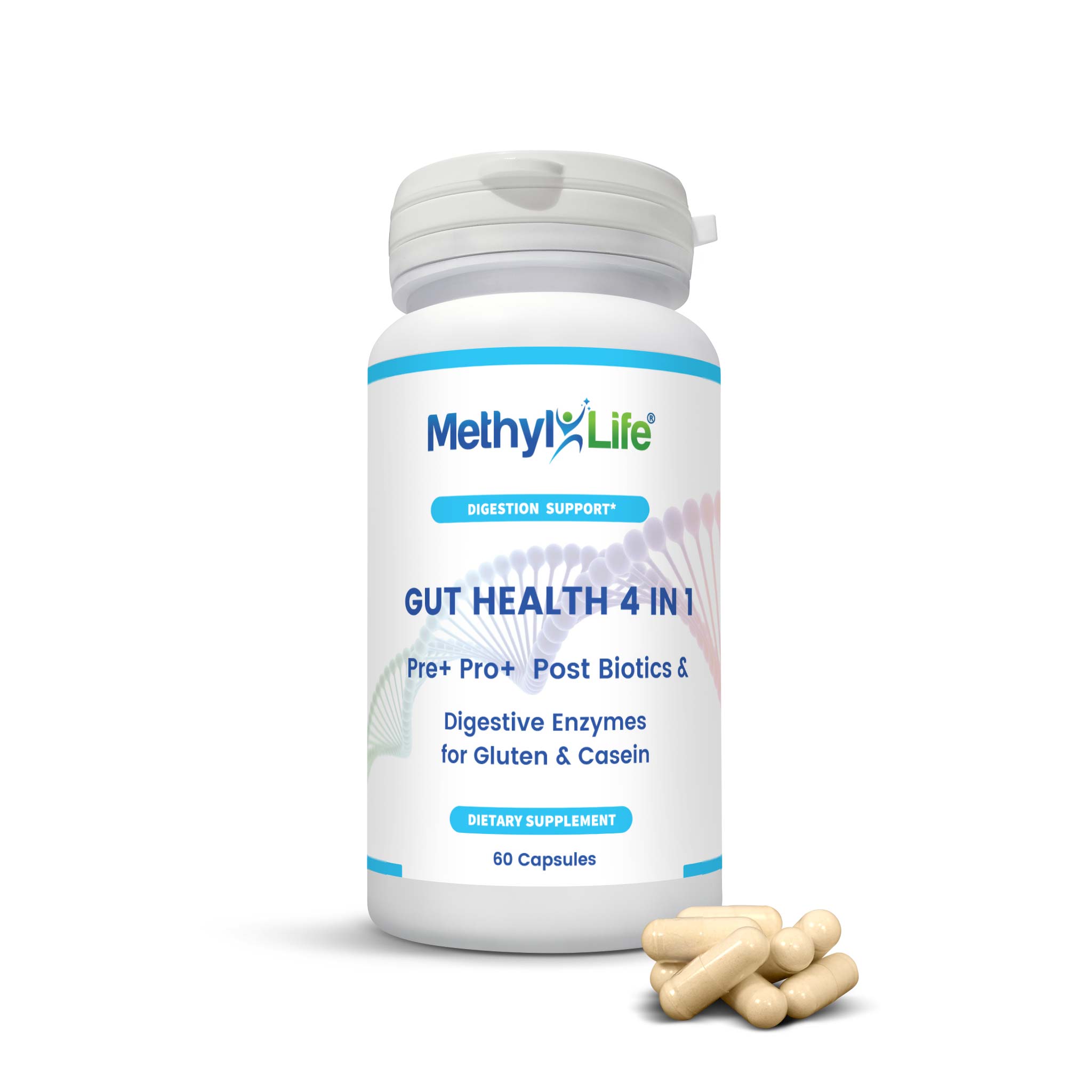The Ultimate Guide to Choosing the Best Gut Health Supplement for Your Needs
The Ultimate Guide to Choosing the Best Gut Health Supplement for Your Needs
Blog Article
Discover the Key to Digestion and Resistance With Gut Wellness Support

Recognizing Digestive Tract Health
Comprehending gut health is critical for total health, as it plays a significant role in digestion, resistance, and also mental wellness. The digestive tract, making up the intestinal system, is in charge of breaking down food, absorbing nutrients, and removing waste. A well balanced intestine atmosphere makes sure efficient food digestion, allowing the body to use nutrients successfully.
Additionally, digestive tract health substantially affects the body immune system. The digestive tract houses a substantial portion of the body's immune cells, and a healthy and balanced digestive tract can assist ward off pathogens and reduce inflammation. Disturbances in gut health can cause an overactive immune response, potentially adding to autoimmune conditions and allergies.
Additionally, the digestive tract is commonly described as the "second mind" due to the gut-brain axis, a complicated communication network connecting the digestive tract and the mind. This link affects mood, cognition, and emotional wellness. Concerns such as dysbiosis, characterized by an inequality in digestive tract microorganisms, have actually been connected with mental health and wellness conditions, consisting of anxiousness and anxiety.
The Intestine Microbiome Explained
The digestive tract microbiome, a diverse neighborhood of bacteria residing in the stomach system, plays an essential function in preserving digestion health and general well-being. Consisting of trillions of germs, viruses, fungis, and other germs, this complicated community aids in the digestion of food, the synthesis of important nutrients, and the regulation of metabolic procedures.
Each individual's intestine microbiome is distinct, affected by variables such as diet, lifestyle, genetics, and environmental direct exposures. A well balanced microbiome sustains optimal digestion by breaking down complex carbohydrates, generating short-chain fatty acids, and promoting the absorption of nutrients. On the other hand, an imbalance, usually referred to as dysbiosis, can cause gastrointestinal problems, including cranky digestive tract syndrome (IBS) and inflammatory bowel illness (IBD)
Study has demonstrated that a diverse microbiome is linked with better wellness results, emphasizing the significance of nutritional selections in nurturing these bacteria. Foods rich in fiber, probiotics, and prebiotics, such as fruits, veggies, and fermented products, can promote a healthy microbiome. Recognizing the intestine microbiome is important for establishing targeted treatments focused on improving gastrointestinal health and wellness and protecting against gastrointestinal diseases.

Connection In Between Digestion and Resistance
A durable link exists in between digestion and resistance, highlighting the critical duty of the intestine in preserving total health. The gastrointestinal system is home to trillions of bacteria that form the intestine microbiome, which considerably affects both digestive processes and immune actions. This complex community help in damaging down food, soaking up nutrients, and providing essential metabolites that support immune feature.
When food digestion is reliable, the gut barrier stays undamaged, preventing damaging virus from getting in the bloodstream (gut health supplement). Conversely, poor digestion can bring about an imbalance in the microbiome, resulting in dysbiosis, which has been linked to different health and wellness problems, including inflammatory problems and autoimmune illness. Roughly 70% visit our website of the immune system lives in the gut-associated lymphoid tissue (GALT), which communicates closely with the digestive tract microbiome. This interaction makes sure that the immune system can efficiently compare dangerous and beneficial materials.
Tips for Sustaining Intestine Health And Wellness
Supporting intestine health is essential for preserving both digestive system effectiveness and a well-functioning body immune system. To promote optimum gut wellness, consider including several functional methods into your everyday regimen.
First, prioritize hydration. Consuming alcohol adequate water supports food digestion and assists maintain the mucosal lining of the intestinal tracts. In addition, regular physical task can enhance digestive tract mobility and promote a diverse microbiome.
Mindful eating techniques are also necessary. Eating food thoroughly and eating slowly can help food digestion and prevent overindulging, which might emphasize the gut. Moreover, taking care of tension with strategies such as reflection, yoga exercise, or deep-breathing exercises can positively influence intestine health and wellness, as stress and anxiety is known to disrupt gastrointestinal procedures.
Incorporating prebiotics and probiotics into your regimen is another effective technique. While specific foods will be discussed later, recognizing the value of these elements is vital. Prebiotics act as food for advantageous gut bacteria, while probiotics present real-time helpful microorganisms.
Finally, stay clear of too much usage of prescription antibiotics, as they can interrupt the balance of intestine vegetation. By complying with these pointers, you can dramatically add to the maintenance of a healthy intestine, which is necessary for overall wellness and vitality.
Foods That Promote Intestine Health

Fermented foods, such as yogurt, kefir, kimchi, and sauerkraut, are abundant in probiotics, which are valuable microorganisms that sustain gut flora and boost food digestion. These foods can aid bring back balance in the gut, specifically after antibiotic use or gastrointestinal disturbances.
In enhancement to fermented choices, prebiotic foods, such as garlic, onions, asparagus, and bananas, act as nourishment for these probiotics, advertising their growth and activity. These soluble fibers sustain digestive tract motility and can relieve problems like bowel irregularity.
In addition, integrating high-fiber foods, including entire grains, vegetables, veggies, and fruits, is essential for Related Site keeping a healthy gut. Fiber aids in regular bowel activities and helps protect against digestion disorders.
Lastly, omega-3 fats located in fatty fish, flaxseeds, and walnuts have anti-inflammatory residential properties that can even more support digestive tract wellness. Stressing these foods in your diet can bring about a robust gastrointestinal system and boosted immune function.
Final Thought
In conclusion, prioritizing gut health is necessary for maximizing digestion and boosting resistance. A well balanced digestive tract microbiome, influenced by dietary choices and lifestyle factors, plays an essential function in nutrient absorption and swelling decrease.
Comprehending digestive tract health and wellness is important for general wellness, as it plays a considerable function in digestion, immunity, and even psychological wellness. The intestine houses a considerable part of the body's immune find cells, and a healthy gut can assist fend off microorganisms and decrease inflammation.In addition, the intestine is commonly referred to as the "second brain" due to the gut-brain axis, an intricate interaction network connecting the intestine and the brain.A durable connection exists in between food digestion and immunity, highlighting the crucial function of the intestine in preserving overall wellness.In final thought, prioritizing intestine health and wellness is important for maximizing food digestion and improving resistance.
Report this page